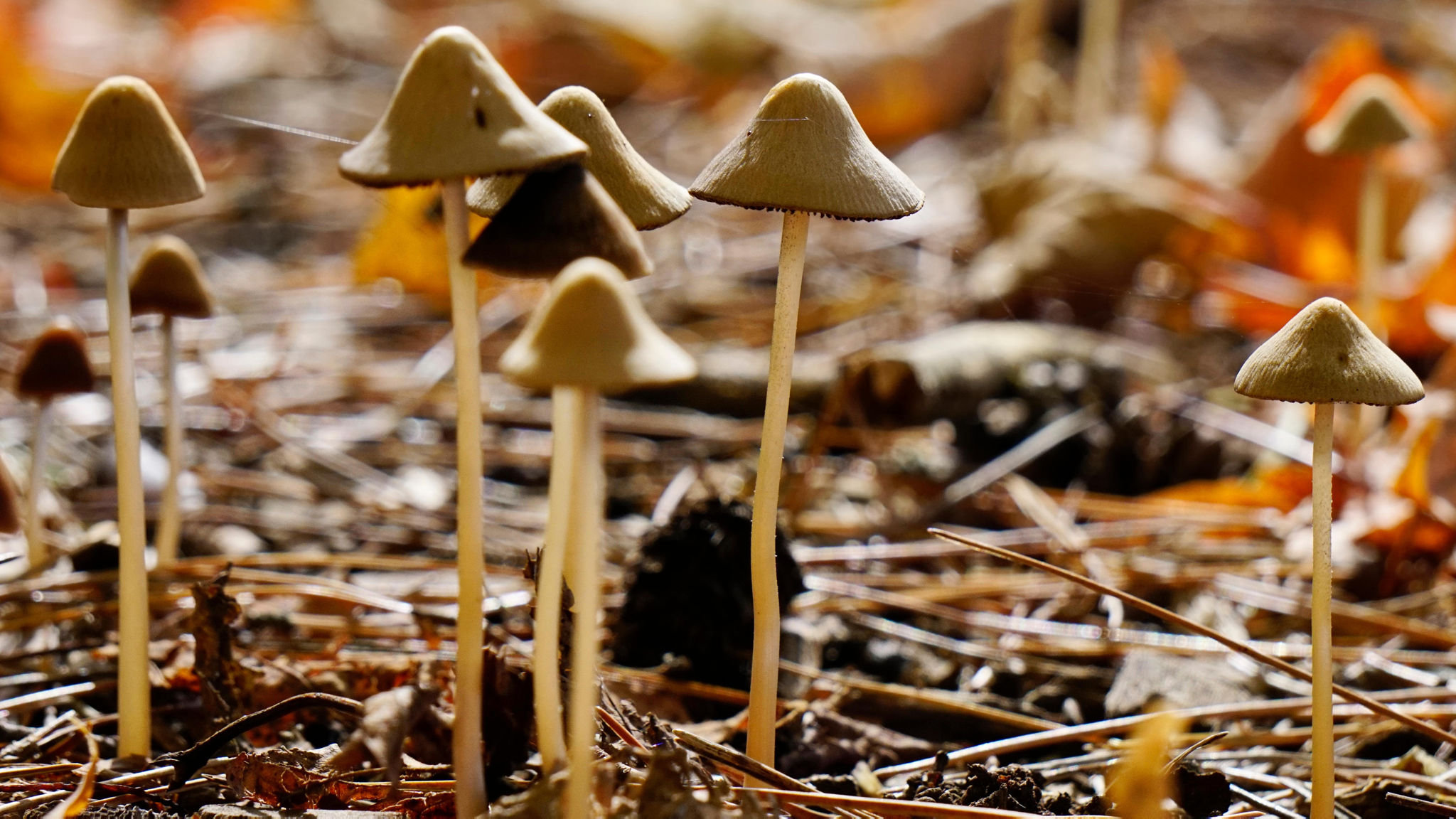New research by a group of mainly Britisch scientists, based on fMRI brain scans, has shown that the use of psilocybin (the active constituent of magic mushrooms) decreases the activity of certain parts of the brain in test subjects. Brain activity decreased especially in those parts that are involved in the managing and filtering of information.
This may explain why users often report that under the influence of magic mushrooms they experience impressions and feelings that were previously unnoticed. Logically, when the brain’s ability to filter and handle information is decreased, more information may reach our consciousness. This may also explain why users often report new insights after the use of magic mushrooms, sometimes having therapeutic effects.
Another indication for the therapeutic effects of magic mushrooms is that brain activity also decreased in the medial prefrontal cortex, a brain part that is often hyperactive in patients suffering from depression.
Remarkably, these new results confirm the ideas of Aldous Huxley (1894-1963). Huxley saw the brain as a ‘reducing valve’, filtering and making information more manageable for our consciousness. He posed that psychedelic drugs might decrease these reducing properties of the brain.
Click here for the abstract and a link to the full article.














